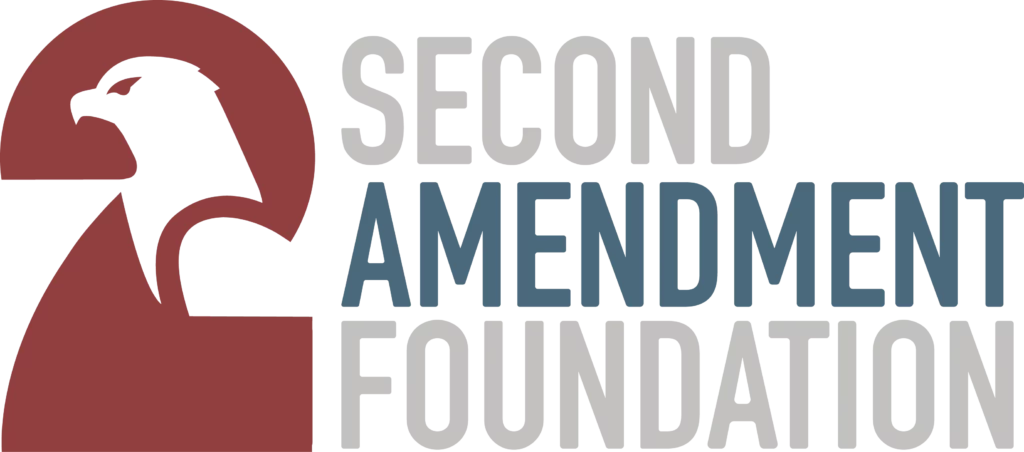BELLEVUE, WA – Attorneys representing the Second Amendment Foundation and its partners in a challenge of a ban on so-called “assault weapons” by Cook County, Ill., today filed a 16-page brief supporting their earlier motion for summary judgment in the case, which is known as Viramontes v. Cook County.
The case is being adjudicated in U.S. District Court for the Northern District of Illinois. It was originally filed in August 2021. Joining SAF in this case are the Firearms Policy Coalition and three private citizens, all Cook County residents. They are Rubi Joyal, Christopher Khaya and Cutberto Viramontes, for whom the case is named. They are represented by attorneys David Sigale of Wheaton, Ill., and David H. Thompson, Peter A. Patterson and William V. Bergstrom, all with Cooper & Kirk in Washington, D.C.
According to today’s reply brief, “In seeking to justify its ban on common semiautomatic rifles, the County proposes a faulty analysis for this case, conflating the textual and historical inquiries required by Bruen and then proposing to justify its ban by comparison to historical fire safety regulations governing gunpowder storage.”
“Cook County seems determined to obfuscate this case by making arguments which do not pass the constitutional smell test,” said SAF founder and Executive Vice President Alan M. Gottlieb. “The county contends the AR-15 and similar firearms are not appropriate for self-defense, which is simply nonsense. It’s not up to the county to determine what types of firearms are appropriate for personal protection. That’s for the citizens to decide.”
“The County’s arguments as to why its ban on so-called ‘assault weapons’ should be upheld fail to meet their burden,” said SAF’s Executive Director Adam Kraut. “None of the arguments advanced to support the ban demonstrate any consistency with this nation’s history and tradition. We look forward to vindicating the rights of our plaintiffs in this, and many other cases on this topic.”
“It appears the county is making specious arguments simply to prolong this case,” Gottlieb suggested, “and delay the inevitable conclusion that the ban is unconstitutional.”

